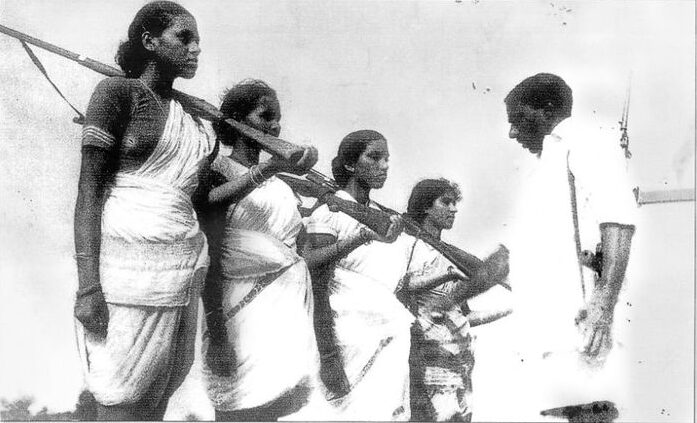The epic poem Asia Jaag Utha, written in 1950 by Ali Sardar Jafri of the Indian Progressive Writers Association, was a battle hymn of its time, a celebration of Asia’s history and geography, with a vision for Asian liberation and communist revolution at the dawn of the Cold War in the aspirational Third World. Are its messages still applicable today, or is it strictly a period piece? This essay analyzes what Jafri was trying to do in his own context and explores whether it has anything to say to ours. In order to do this, the author enters into dialogue with Jafri’s poetry, and proposes some updates to its political agenda that might be needed to carry its energy into the present. While the mid-twentieth century vehicles of progress and liberation (such as industrial development and the postcolonial nation-state) require critique, Jafri’s emancipatory impulses and ideals of solidarity ring true.
